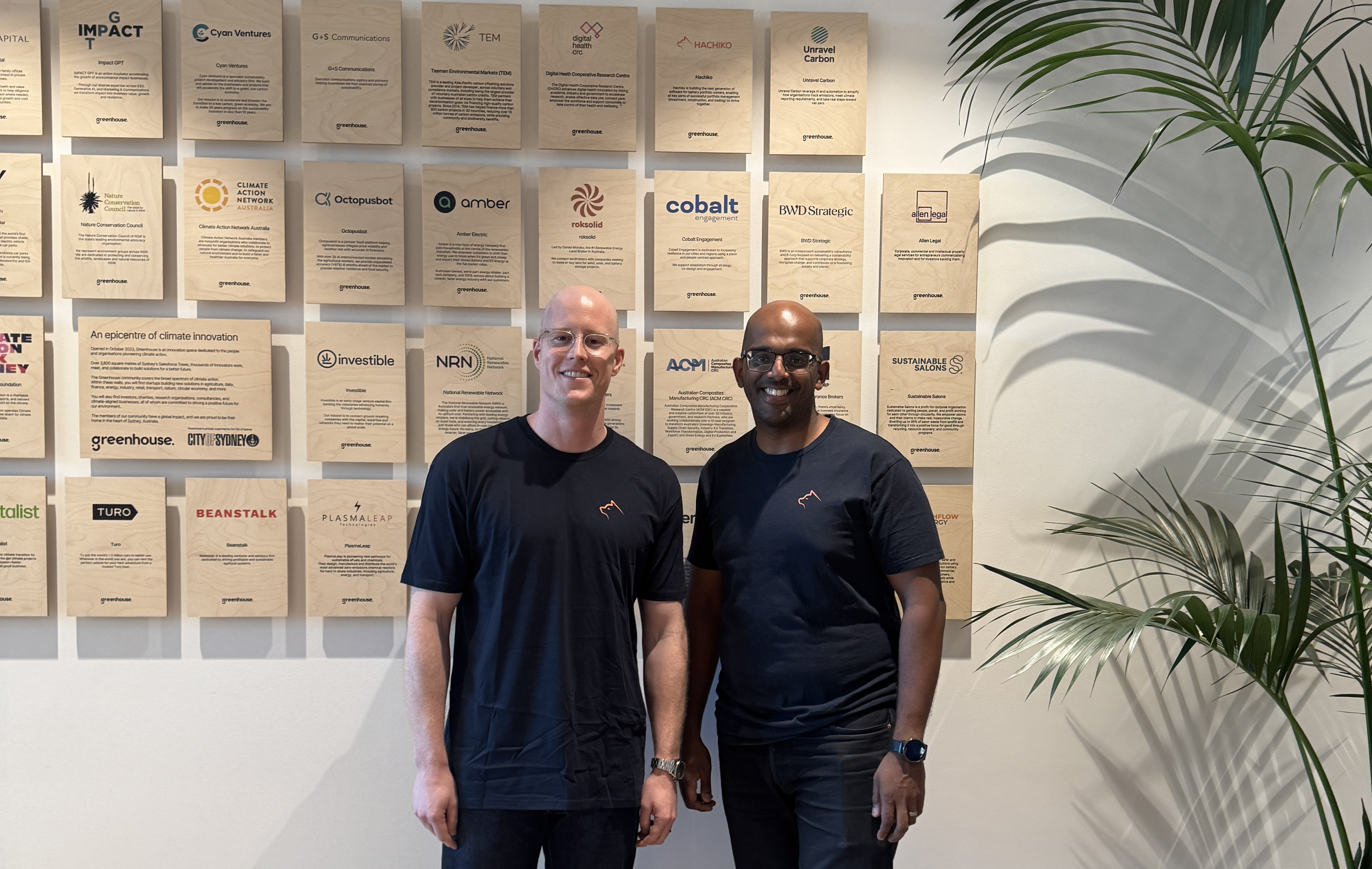.jpg)
Pitching your business to friends, family and fanatics is great preparation for raising capital from professional investors later, it refines and tests your ability to convey the big reason and opportunity to invest in your business and why you are the right person/team to make it happen.
Being great at pitching that will make your life a whole lot easier when you eventually get in front of later stage investors.
At Investible we have a great tool to help you nail this stage. It’s called the Business Model Blueprint and it looks like this: We run regular workshops to assist Founders to think deeply about their Business Overview, Value Proposition, Financial Proposition and their Delivery Proposition elements. This process also aids the Founder in coming up with a succinct 60-second elevator pitch to describe their business.

At this stage we encourage Founders to start to think about their capital raising strategy, obviously, it is great if you can get early investors to follow on but it is generally time to start bringing in the Angel / Seed investors who can write larger cheques and add more than just capital, perhaps, become great advisors and introduce strategic value via their networks or deep knowledge and experience.
So, when you have developed a list of qualified target investors it is time to begin your investor relations. This does not mean launching your capital raise but it means starting to raise awareness and some interest from these investors. One thing I have always found effective is to approach these investors for advice and feedback rather than money (make it clear you are not raising yet but would appreciate their feedback, particularly what they would like to see to make an attractive investment for them and if not them who would they think to could be of interest to). I have found that if you want money ask for advice and if you want advice ask for money.
Once you have met with investors ask them if you can add them to your database for updates/progress in the business, this is a fantastic opportunity to start to introduce them to your personal brand and culture.
This level of transparency is a great way to develop trust and relationship with potential investors, don’t just tell them the good stuff, tell them the setbacks, the challenges and more importantly how you are approaching them and overcoming or pivoting the business as a result. It is also an opportunity to establish metric driven reporting, at this stage it won’t be revenue or profit but it might be followers, brand impressions, repeat visitors, time on your app / site etc. Cost of acquisition, effectiveness of activation campaigns, etc. It shows them that you have strong focus on things that will validate your business and financial assumptions. It is also a great idea to make an ask of them. Let them know what you need in the business and they may be able to assist, this builds engagement and helps you progress the business and understand which investors can add value.
Strong Investor relations communications and practices can make future fund raising rounds faster and easier to achieve. This will distract you less from day to day development of your business.





